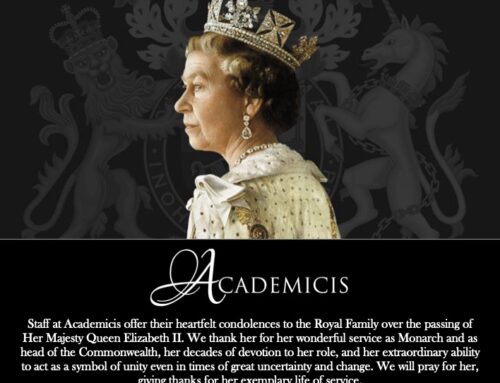The new Ofsted School Inspection Framework is about to be implemented across all sectors of the English education system in the next few weeks.
The Framework seeks to translate the Education Secretary’s much-publicised determination to abolish the one-word final Overall Effectiveness Judgement in the Ofsted Report and replace it with more nuanced and detailed information for parents through a wide range of judgements on a school’s organisation and curriculum.
I broadly agree with this decision.
In my view, the one-word final judgement has not only outlived its usefulness but, more seriously, misled parents into believing that all was well in a school when, in reality, most schools are a “patchwork quilt” of strengths and weaknesses. By doing this, it also gave a false impression to Parliament on overall standards in English schools.
For example, Ofsted, in its latest Annual Report, states that 92% of schools are judged good or better. That is clearly nonsense, given the huge variation in performance across the English regions and the inequality of provision and outcomes, particularly for poorer children. The attainment gap between free school meal students and their peers has grown to completely unacceptable levels and is now worse than before the start of the pandemic in 2019.
Student attendance and behaviour have also significantly worsened, according to the DfE’s own statistics. As a result, school exclusions have risen year on year to a worrying degree.
Against this backdrop, how on earth can Ofsted say that nearly all schools in England are good or better? This is simply misleading parents and giving an overly positive picture of the state of the nation’s education system.
The new Framework will help to counter this illusion by adopting a more nuanced approach. It will clearly identify school strengths and highlight those areas that require improvement—urgently or over time.
Ofsted will still be a judgemental inspectorate but, hopefully, one which will provide more comprehensive information to parents and a more accurate view of what is happening in our schools.
To ensure the new Framework is a success and is firmly embedded in the national accountability system, Ofsted must ensure the following:
Firstly, that the grade criteria are clear and transparent. For example, the small differences between an acceptable standard under each criterion and a good standard or better must be clearly defined. If not, the Framework will meet with intense criticism from schools and professional associations. Ofsted will then be faced with a mountain of appeals and threats of legal action.
Secondly, the Inspectorate must ensure that it closely monitors the quality of the inspection process in the early days of the new Framework’s implementation. By doing this effectively, Ofsted will be able to quickly identify weaknesses and make the necessary changes before any criticism can be levelled at it by those inspected.
Thirdly, the Inspectorate must reassure schools that the inspector workforce is of high quality and can deliver the increased number of judgements with consistency and clarity. Headteachers and staff will want to see that inspectors, particularly those leading inspections, have the requisite knowledge and experience to make the right judgement calls consistently.
Fourthly, parents will want a brief summary of findings at the beginning or end of the inspection report.
This is crucial because parents want to know whether their child’s school is making progress, and whether it compares favourably—or otherwise—with other schools locally and nationally.
They will also want to know whether serious weaknesses identified by inspectors require intervention from the Department, Ofsted, or external agencies.
It is therefore vital that the final report to parents is carefully thought through and appropriately worded. It must avoid complicated educational jargon and “inspector-speak.” After all, what would be the point of having a new Inspection Framework if parents are left feeling confused and bewildered about educational standards in their child’s school?
I do hope the new Framework is a success and helps to raise standards in the nation’s schools.
Sir Michael Wilshire





